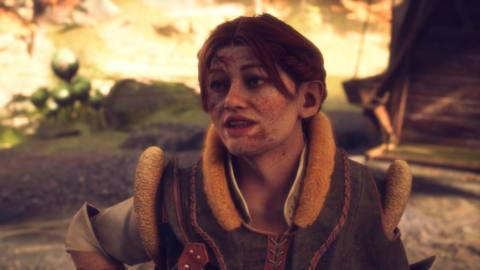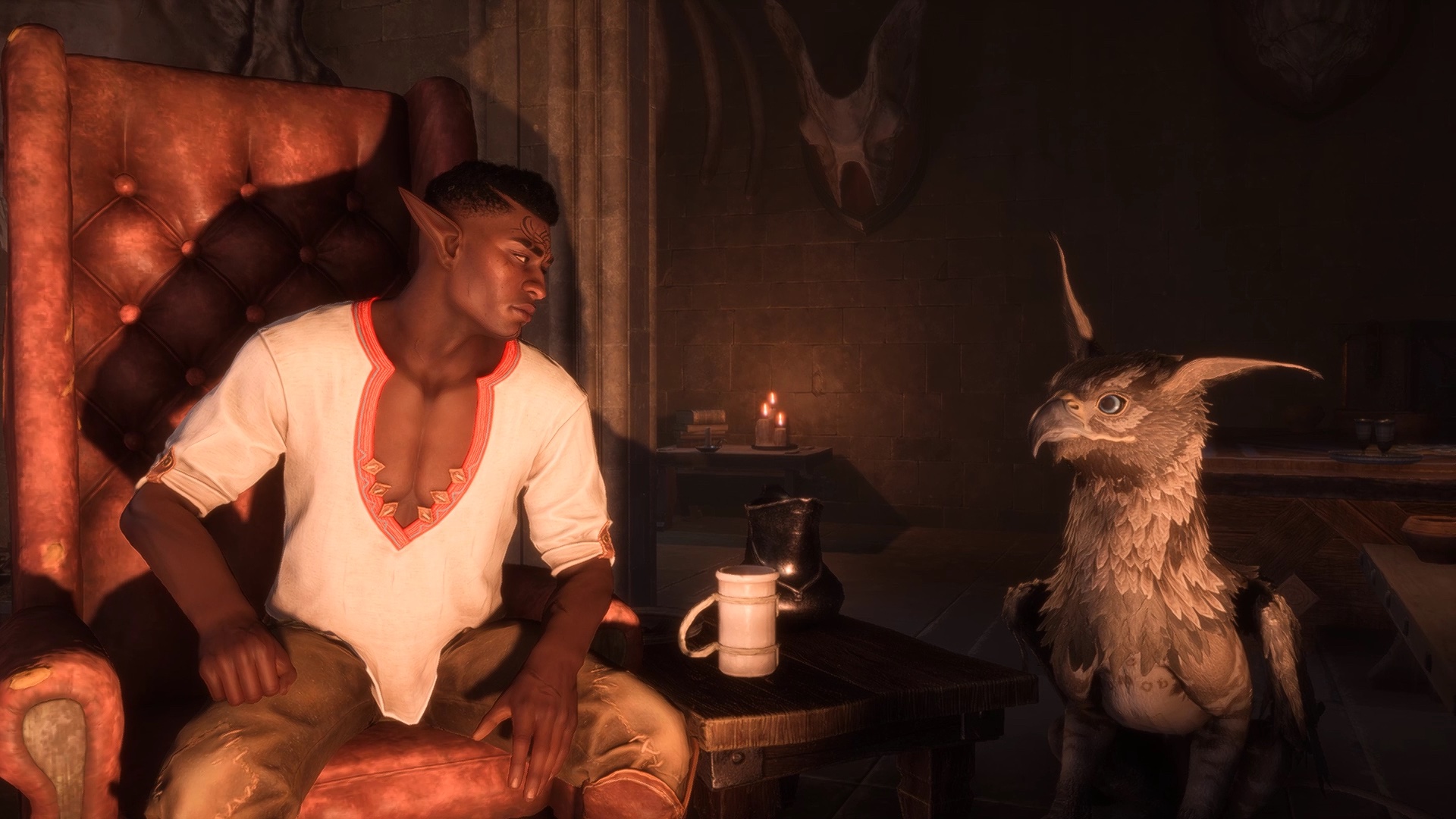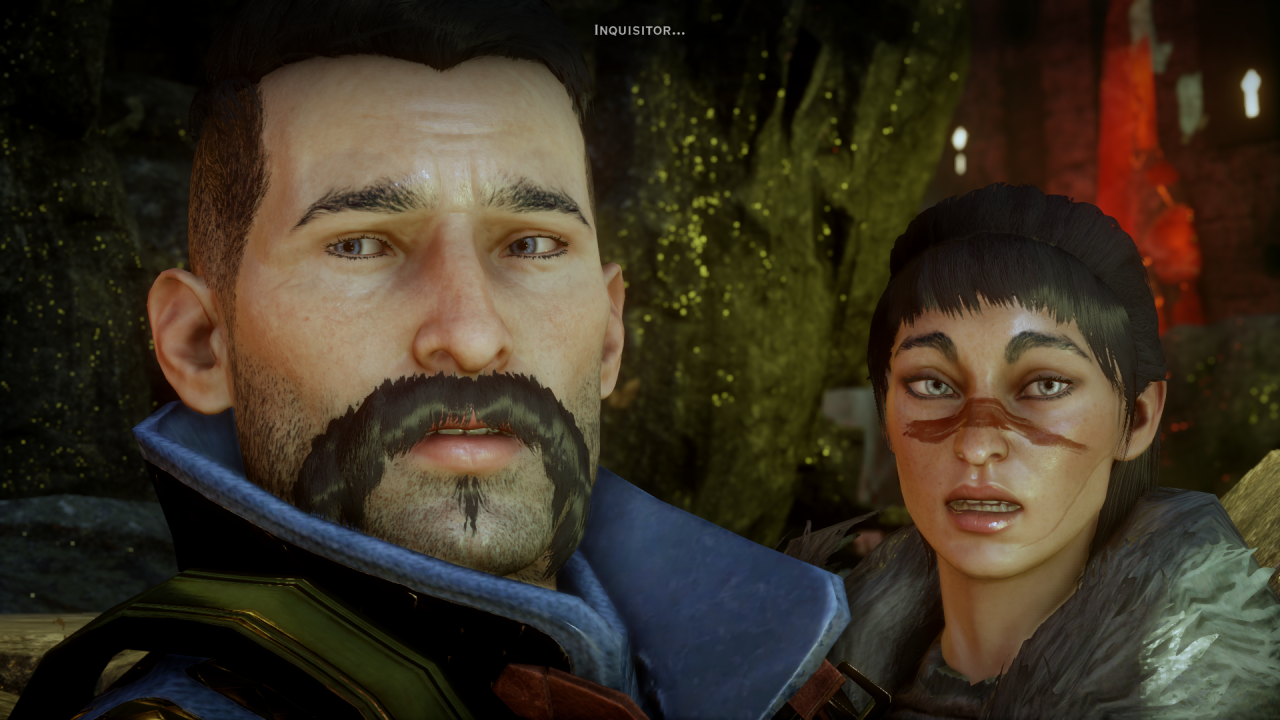
Like all Dragon Age games, Dragon Age: The Veilguard has a robust cast of companions with whom you build relationships (and possibly romance) throughout the game. But The Veilguard also focuses a lot on the relationships between the companions — in a way that deliberately sets the game up for potential devastation and a much more intense decision for the player than in Dragon Age: Inquisition.
[Ed. note: This post contains huge endgame spoilers for Dragon Age: The Veilguard and Inquisition. Like, seriously big.]

In the big penultimate quest, you have to pick a party member to lead a second distraction team. And that companion will die, no matter what. Afterward, the entire party feels the effects of that companion’s death. And because it comes at the end of the game — unlike a similar decision in the first Mass Effect — it really stings, because you’ve spent tens of hours with this character.
It’s pretty damn heartbreaking. And very intentionally a far cry from how a similar choice played out in Dragon Age: Inquisition.
At the end of one mid-game mission in Inquisition, the player had to choose which ally to leave behind in the Fade (where, the text reminds you, they will likely die). This choice had a few iterations, depending on previous in-game decisions. But one of the more common ones (and the default one if you didn’t import old game decisions) had the player pick between the Dragon Age 2 player-character Hawke, who was also the best friend of Varric Tethras who returned as a main party member in Inquisition (so even people who didn’t play Dragon Age 2 would pick up on the fact that this character was very important to someone in their party), and Stroud, a Grey Warden who had maybe 15 minutes of screentime in previous games (and also a fantastic mustache).

“I am the world’s foremost Stroud enthusiast,” creative director John Epler told Polygon. “But I do think in DAI, if you happen to have Hawke and Stroud, it’s like, Who should — Stroud. Toss him in the Fade; it’ll be fine. His mustache will keep him safe.”
The Veilguard’s choice is shattering by design. It’s not just about what the player might feel about the characters, but also the relationships that they build throughout the game. Cutscenes, party banter, and even codex entries color the relationships between your companions. They talk with each other and about each other. Of course they’re going to be affected if something terrible happens to one of their own.
“I think for us, it was just making sure that we had this cast that not only you would get along with, but where you would sense the agony that the other characters feel if you have to make a choice that impacts another of the companions there,” Epler explained. “It’s this sense of, everybody’s got each other’s back — and it makes those choices in my mind hit harder because there is no sense of actually the entire party hates that guy, so let’s just go with him. Every choice should feel like you are breaking up this group of people who have grown to care about each other.”
